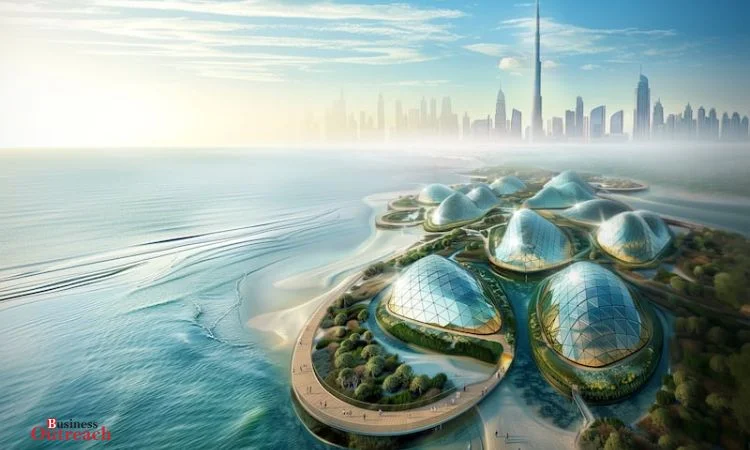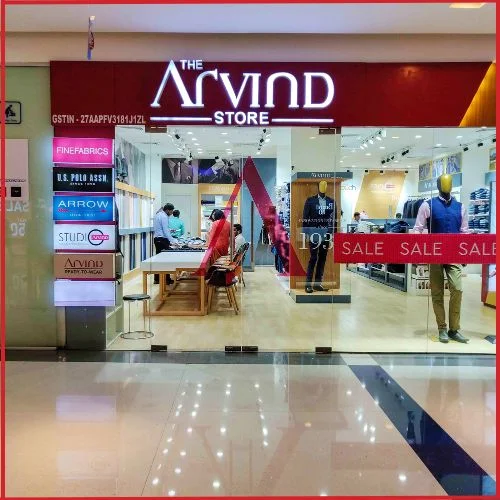Dubai is embarking on an ambitious project to plant 100 million mangrove trees along its coastline, aiming to establish the world’s largest coastal regeneration initiative. This massive undertaking, led by the urban planning company URB, spans over 72 kilometers of shoreline, marking a significant step in ecological preservation and urban development.

Mangroves play a crucial role in the environment, acting as natural carbon sinks, protecting coastal areas from erosion, and providing habitats for diverse marine life. By restoring these vital ecosystems, the Dubai Mangroves project not only enhances environmental health but also aligns with the Dubai 2040 Urban Master Plan, which emphasizes sustainable development and environmental stewardship.
The project involves several strategically chosen zones for pilot studies, including Jebel Ali Beach, Dubai Marina Beach, Jumeirah Public Beach, Umm Suqeim Beach, Mercato Beach, and Dubai Islands Beach. These zones will serve as models for integrating mangrove restoration with social, environmental, and leisure infrastructures. Features like beach sports facilities, wildlife habitats, and areas for biosaline agriculture will create multifunctional landscapes that offer ecological, recreational, and aesthetic benefits.
Technology and innovation are at the heart of this initiative. Advanced tools such as drones, satellite imagery, and artificial intelligence will be used to optimize the planting and monitoring processes. Drones will plant mangrove seeds efficiently, while satellite imagery and AI analytics will provide real-time data on the growth and health of the mangrove forests. This technological integration ensures precision and effectiveness, setting a new standard for large-scale ecological projects.
Beyond environmental benefits, the Dubai Mangroves project is designed to boost the local economy through job creation and ecotourism. It is expected to generate around 10,000 green jobs and attract tourists interested in nature and sustainability. Educational programs, guided nature walks, and conservation activities will engage visitors and promote responsible tourism practices, highlighting the importance of mangrove ecosystems.
The project also includes the development of the Mangrove Visitor Hub and Botanical Museum, which will serve as educational and research centers. These facilities aim to raise awareness about the ecological and economic value of mangroves, fostering a deeper connection between the public and the natural environment.
Overall, the Dubai Mangroves project represents a holistic approach to coastal regeneration, blending ecological preservation with urban development. By leveraging cutting-edge technology and emphasizing community engagement, Dubai aims to create a sustainable model that can inspire similar initiatives globally. This ambitious project not only contributes to the local ecosystem and economy but also underscores Dubai’s commitment to environmental responsibility and sustainable growth.















